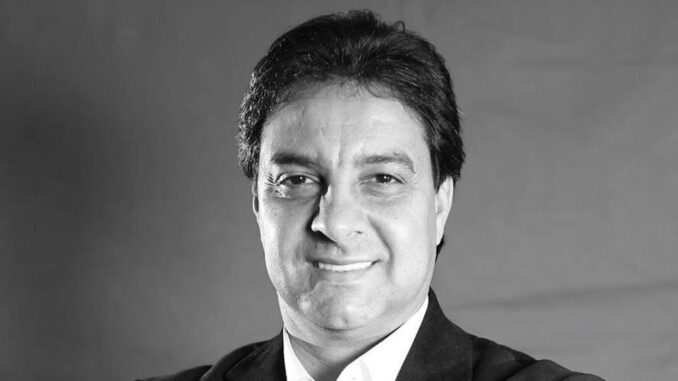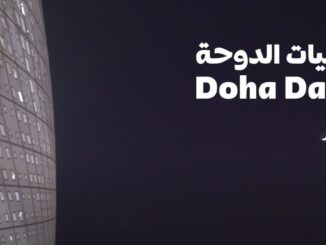
“I still remember the moment when the old Kurdish peddler came into the house, accompanied by my father, to pick up our TV,” wrote Iraqi journalist Mizer Kamal.
“I cried and begged my mother to stop them taking away my sole small window of joy; terrified of the thought of not being able to watch Ahmed Radhi play again, not being able to enjoy his goal scoring exploits for Al Zawraa and the national team.”
Alas, for Kamal, as with for many children and families in the post-Gulf War Iraq, the reality of poverty meant watching their golden generation of footballers, spearheaded by Radhi, was a luxury few could afford.
Those who survived the hardships of poverty, the oppressive years of Sadadm Hussein, the atrocities of the 2003 US invasion and the subsequent rise and fall of ISIS, were left to cry the loss of their childhood hero once again.
Once again the system was at fault, but this time, it was forever goodbye as the nation’s finest footballer of all-time succumbed to the failure of Iraq’s healthcare system to rescue him from the pains of COVID-19, as he laboured to his last breath at the age of 56.
In death, as in his life, Radhi united Iraqis – Arabs even – as messages of condolences, mourning his loss and hailing him as a role model on and off the pitch, poured in from the Persian Gulf to the Atlantic Ocean.
“A brother, a friend and a sporting icon to be proud of,” tweeted Prince Ali Bin Al Hussein, president of the Jordan FA and the West Asian Football Federation.
“A brave, yet well-mannered character with whom I enjoyed many a good memory,” commiserated Saudi Arabia’s controversial chairman of UD Almeria, Turki Al Alshaikh.
Joaan bin Hamad Al Thani, head of the Qatar Olympic Committee, described Radhi’s sudden death as a shock and a loss for the family of sport across the Arab World.
At home, Radhi’s former teammate and current Minister of Sports, Adnan Darjal, spoke of “a lifelong companion, a fan favourite, and an unrivalled athlete and son of Iraq.”
The numbers speak for themselves.
62 international goals; second only to former teammate Hussein Saeed. 121 caps, third behind Younis Mahmoud and Saeed. Well over 150 Iraqi Pro League goals in more than 300 games. Scorer of Iraq’s only goal at the FIFA World Cup and winner of the 1988 AFC Player of the Year award.
But numbers only tell half of the story for a man whose shy and unassuming character hides the sort of talent and competitive streak that made him one of the most feared strikers in the entire continent throughout the 1980s and early 1990s.
His goal against iconic Belgian goalkeeper Jean-Marie Pfaff at Mexico ’86 remains Iraq’s most cherished footballing memory, alongside victory in the 2007 AFC Asian Cup.
But at the time, an Eric Cantona-esque semi-muted raised hand celebration was all that Radhi could produce; the reason, in his own words, reveals the extent of his determined and competitive personality.
“It is not that I wasn’t happy with the goal; of course I was,” Radhi told Iraq-based Al Sharqiya TV in a 2019 interview.
“I have to be pragmatic. We were 2-0 down and only halved the deficit at 56th minute, and we were playing in Toluca, Mexico, at the height of maybe 12,000 feet. So I had to preserve my energy and keep fighting for the a draw. We simply could not afford to waste energy running in celebration.”
For all his achievements, Radhi, who was once declared a national treasure by former Iraq FA president Uday Hussein, believed he could have been twice as good had he received proper training in his teen years.
“As much as I was able to deliver during my career, I know that had we received proper physical training in the formative years of our development as Iraqi players, we all would have been much better players. I personally would have been twice the player that I was,” said the late forward in a TV interview in 2019.
Radhi might not have become twice the player that he was, but the player, the athlete, and the human he was, brought millions of Iraqis moments of joy not many others in the nation’s history could match.




